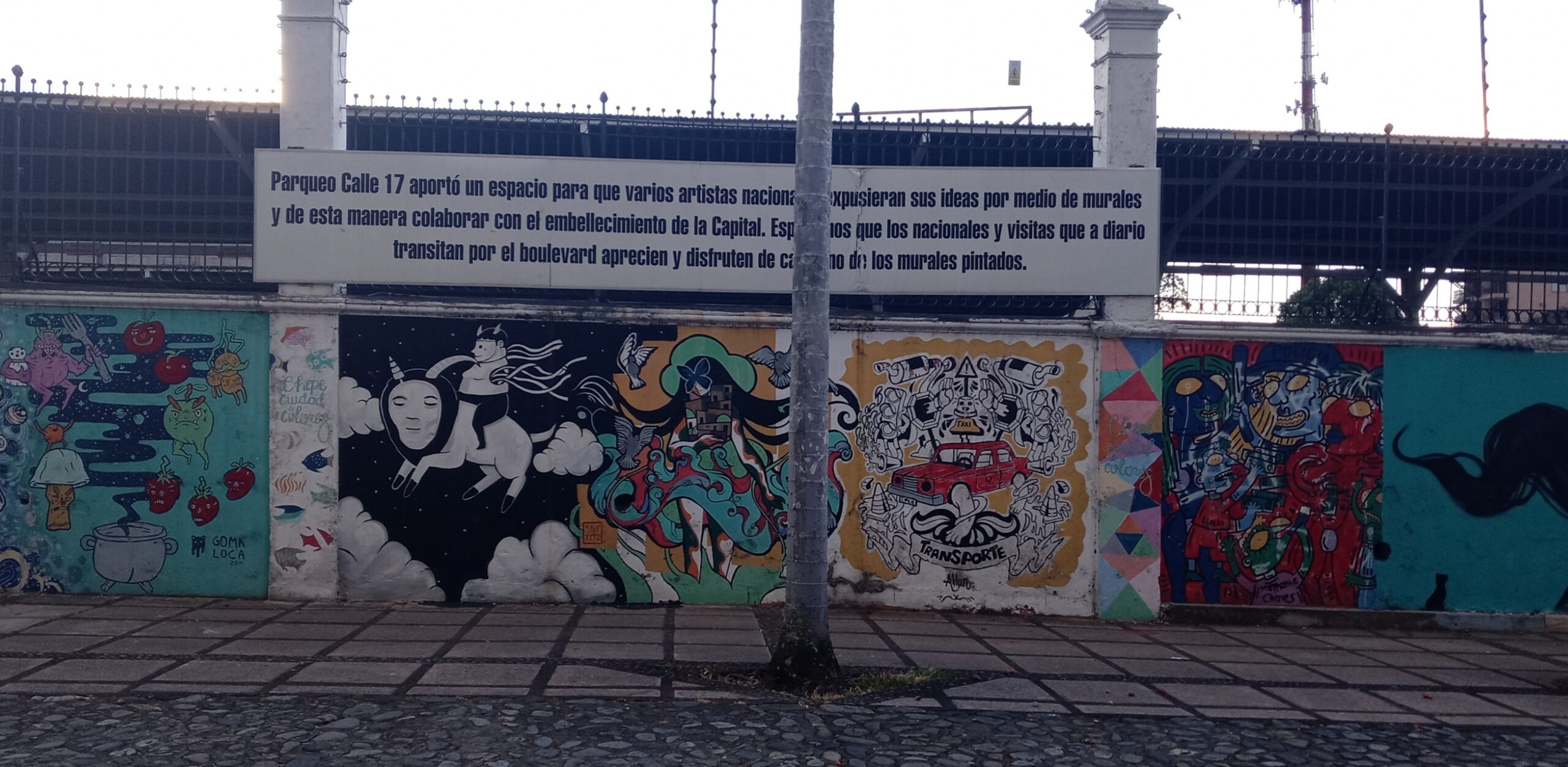
New Phrases and Behavior
In reflection of the three months I have spent in Costa Rica, there are quite a few cultural aspects that I had not initially picked up on when first arriving, but that stood out a lot more the more time I spent observing my surroundings and immersing myself in the culture. These cultural quirks became more evident recently not only because of how long I have been here, but also in light of the “Herencia cultural” (cultural heritage) Spanish course that I am taking and currently started for my last month in the semester. Many of these things are small actions, behaviors, and subtle habits that I believe are distinguishing features to ticos.
To start, people from Costa Rica are referred to as “ticos” because of their distinctive way of expressing diminutive phrases. If you have ever taken a Spanish course, or simply grown up around latinos, you may have noticed that many tend to make phrases diminutive by changing words like “perro” to “perrito” or “carro” to “carrito”, adding an -ito in the end to soften the word. Ticos do the same, however instead of adding -ito, they add -itico, for certain words such as “chiquitico” instead of “chiquito”. I laugh in retrospect at how long it took me to realize that that is why they are referred to as ticos as it is quite a defining and evident feature of their vocabulary and what distinguishes them from other latin american countries.
Having been around ticos these past few months, I have also come to note and pick up on more phrases that they tend to use when communicating, which differs quite a bit to some of the Spanish phrases I grew up using in my Mexican-American household. For instance, I grew up responding to expressed thank you’s by saying “de nada”, which roughly translates to “no problem”, however what I have realized about ticos is that instead of saying “de nada” they tend to say “con gusto”, which translates to “with pleasure”. I thought this was quite a nice distinguishing feature and have found myself using it alot more too. Similar to responses to thank yous, another phrase I’ve noticed that they tend to use is “ciao” instead of “adios”, when saying goodbye. I have been familiar with this goodbye phrase thanks to hearing it used in school by friends and teachers from places like Guatemala, Ecuador, and Argentina, however, I had not expected it to be so prevalent here as well. From conversations I’ve had with others, it seems like this Italian greeting and farewell is quite common in a few Latin American countries, which was very interesting to hear considering it is, as aforementioned, Italian.
Phrases themselves aren’t the only things I have picked up on while here, there are also quite a bit of behavioral differences that have stood out to me. One of the most prevalent differences in behavior that I have noticed is different to the US is the way you are treated while in stores. In the US, it is typical for employees to be friendly with customers as required, however employees are not always watching you while you shop. What I have noticed in Costa Rica, however, is that employees do tend to do exactly that: watch you. At first it was a little weird when walking in, but more often than not, employees are watching you to see if you need assistance. Help is almost always immediately offered at stores, or even in random public spaces like parking spaces, which I find quite nice. Another last thing to note about stores is that there tends to be more advertisement stands within big stores themselves trying to sell a product or service. For instance, at Walmart here, there are sometimes employees stationed at odd places like notebook isles, or other utensils, trying to advertise said products, advertising its main uses and special features. The first time I saw it, I thought it was a little strange since my experience with shopping had only ever really been independently navigating isles and reading the labels of products on my own to get an idea of its uses, however, it has been interesting seeing the mini-advertisements for products when shopping within Costa Rica.
These new phrases and behaviors I have picked up on while here have been a fascinating cultural change that, despite it only being three months rather than a lifetime, has rubbed off on me quite a bit. I have been very intrigued by these differences and have grown a new fascination with wanting to explore more of them in different locations. It’s interesting seeing how differences as subtle as the way people respond to goodbyes can play a role in defining cultures. I hope to be able to continue to explore these differences in the near future with more travel.
New phrases/words:
– Pura Vida
– Maey
– Bacillon
– Púchica
– Que torta
